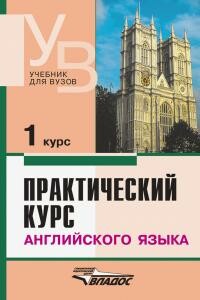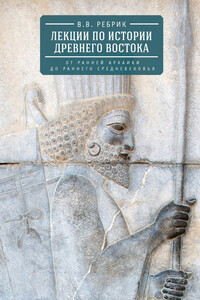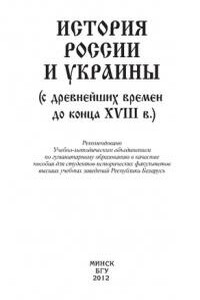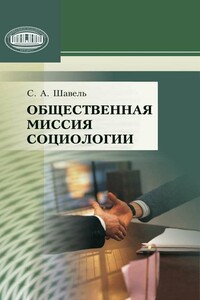Практический курс английского языка 2 курс. Ключи | страница 62
Tireless seamen and explorers, they are at the same time keen on gardening. Owing to their inquisitiveness they have learnt the best of what other countries possess, but they have remained faithful to their own. While admiring French cuisine/Though they admire French cooking, the English will not imitate it at home. Law-abiding in the extreme though they are, they adore reading about crimes and violence. An epitome of conformity/ The picture of conformism, they are at the same time out-and-out/inveterate individualists and there are plenty of eccentrics among them.
To all these paradoxes one should probably add another: paradoxical as it is/for all its paradoxically the English character is seldom enigmatic or unpredictable.
* * *
I am not claiming/pretending that the English have never changed. Changes take place all the time./There are always changes. But these differences, so noticeable outwardly/on the outside, do not penetrate deep and reach to the roots. For better or for worse, the primordial features of the English nature still
Unit Eight 89
remain a sort of common denominator and exert a deep influence on the national character and general Uf estyle.
UNIT EIGHT
Ex. I, p. 267
Pattern 1: 1. The scorching heat and lack of fresh water prevented/kept the explorers from reaching the southern boundaries of the desert. 2. The fog prevented/kept the fishermen from seeing the coast-line. 3. Put on my raincoat, it will prevent/keep you from gettingwetforawhile.4.His illness prevented/kept him from taking part in the conference. 5. Her poor knowledge of English prevented/ kept her from making a good speech.
Pattern 2:1. Amy left the room without saying a word. 2. You can hardly геаЦге what an ocean-going ship is without having been inside. 3. They will not come to see us without being invited. 4. He could listen to long verses in Latin without understanding a word. 5. He would mark rhythm with his right foot without realizing what he was doing.
Pattern 3: 1. The smallness of our boat made it easy to navigate in such shallow waters. 2. The rainy season in the tropics made it impossible to move on. 3. The hurricane made the place hard to recognize. 4. His quick arrival made it easy to change our plans. 5. Your sisters new hairdo made her hard to recognize.
Pattern 4: 1. The problem is hardly worth the trouble you have taken/you are taking (the trouble taken). 2. The result was hardly worth the sacrifice and efforts (he) made. 3. Your luggage is hardly worth the fare. 4. The conference was hardly worth the time she had spent getting to it/the long way she had made to come to it. 5. The manuscript turned out to be a variant of the original, so it wasnt worth the time (I had) spent translating it.
Книги, похожие на Практический курс английского языка 2 курс. Ключи




